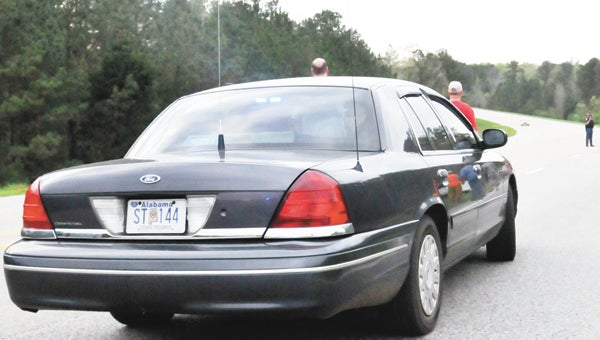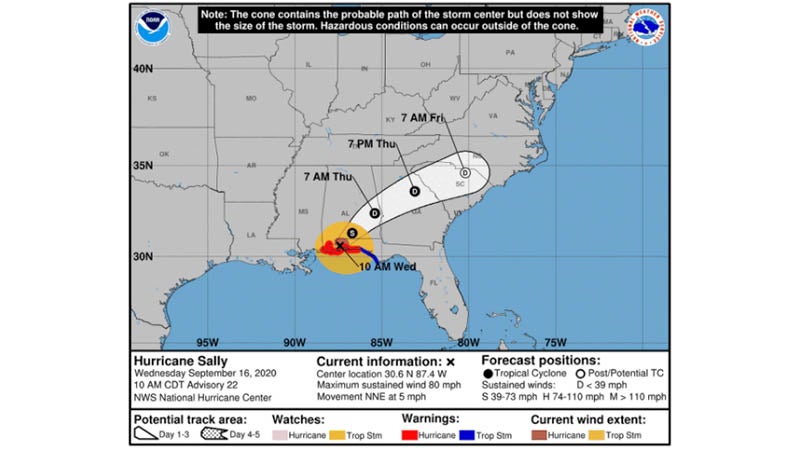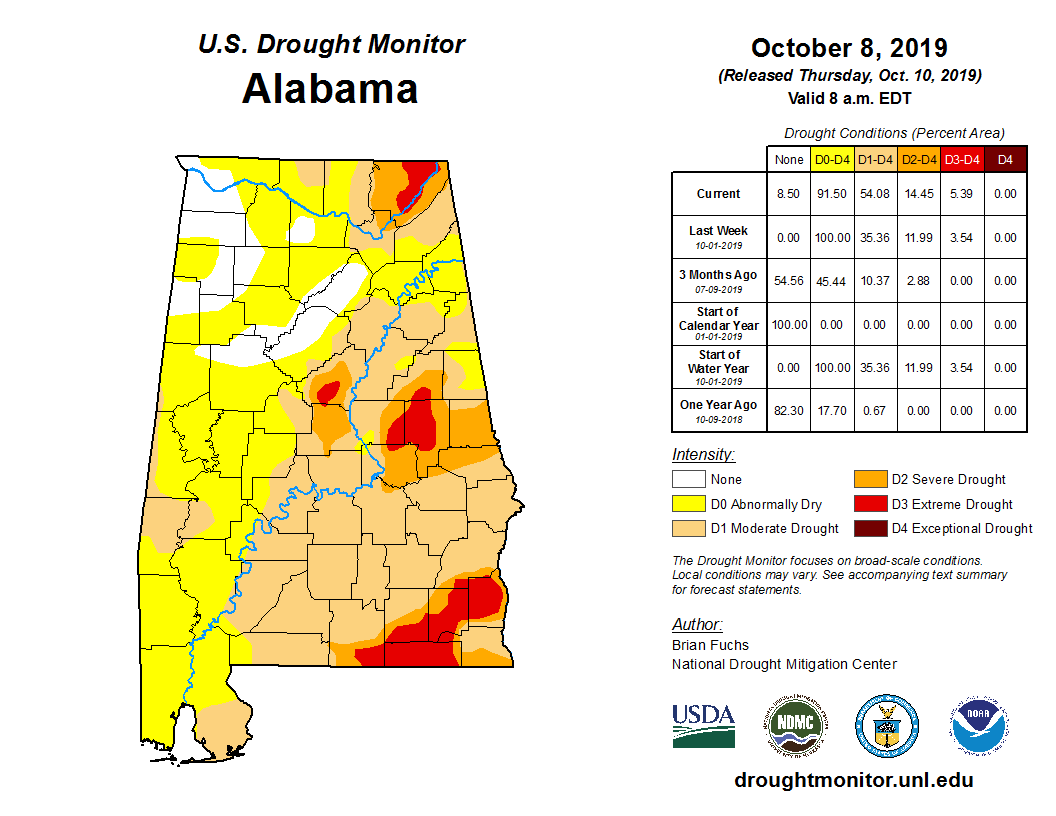State faces trooper shortage
Published 8:48 pm Thursday, April 2, 2015
Alabama State Troopers say a lack of funding and manpower has put them at a “critical stage.”
Alabama has 67 counties and only 431 troopers to man the state’s roadways.
“If you want to compare that to an agency such as say our state capital – Montgomery Police – they currently have 508 employees, with 453 of them patrolling,” Trooper spokesperson Kevin Cook said. “They have more patrolmen than we do for just their city.”
Cook said the University of Alabama’s Center for Advanced Public Safety conducted a study at the end of 2014, and determined that the state needed a minimum of 1,016 troopers.
At the time, Cook said the state only had 289 troopers.
In January when ALEA was implemented, Cook said state officials were able to reassign some employees to patrol duties or give other employees trooper authority.
Twelve state law enforcement agencies were combined to form the Alabama Law Enforcement Agency.
“The secretary of ALEA was able to reassign some non-patrolling officers such as ABI and driver’s licenses employees,” he said. “Also, 75 corporals were assigned as field supervisors and Marine Police are now troopers.”
Cook said Marine Police now have the same jurisdiction as troopers.
Additionally, Cook said for the first time since 2010, the department was able to hire troopers.
With the implemented changes and restructuring, the agency is now staffed at 42 percent, but Cook said it still makes a difficult job for troopers.
There are three troopers assigned to Covington County, which is one of the counties in the Dothan Post.
With the shortage of troopers, local troopers have to help out in other counties in the event of a crash, Cook said.
“Say there are no troopers in Geneva County, one from Covington County would have to help,” he said. “They have to work throughout the state. Pretty much it is possible that a Covington County trooper has to work a Barbour County wreck.”
In that instance, if a wreck occurs in Covington County, another trooper would have to come from somewhere else, or there would be a delay until the local trooper could return.
Those numbers would continue to remain low if the Alabama Legislature passed Senate Bill 44, officials said.
The bill, sponsored by Sen. Bill Holtzclaw, passed the Senate on Tuesday and has been read in the House.
The bill proposes to give a refund credit to those who purchased driver’s licenses and photo ID cards after the Feb. 9 fee increase.
State driver’s licenses increased from $23.50 to $36.25.
SB44 claims that the ALEA’s increase was unfounded because it did not follow a portion of the Alabama Administrative Procedure Act.
Additionally, the bill calls for anyone who has paid the new price to receive a credit until a new bill is passed and signed into law.
“When we increased the rates for driver’s licenses, we went up by $12,” Cook said. “We hadn’t had a price increase since 1990. This legislature presented a bill where a north Alabama senator wants us to pay back the money. Three weeks ago the increase was implemented, and since then we have generated over $12.75 million, but he wants us to pay it back.”
Cook said troopers would have to be laid off and they would have to put mileage restrictions where they couldn’t travel more than 150 miles a shift.
ALEA officials are hoping that Gov. Bentley’s tax proposal will pass because it will put them in a better position.
Officials maintain if services are going to be provided, residents will have to pay taxes.
“Sometimes you just have to bite the bullet and do what’s necessary,” Cook said. “I think we’ve done a good job trimming the fat, but now I think we’re in a place to build on what we have left and, hopefully, make us more efficient.”
Cook said the department does not generate money by ticket writing.
“We don’t make money off of tickets,” he said. “The most money we make is $4 off a seatbelt ticket, and I can’t really say that this department gets that money. It goes back into the general fund. A lot of the revenue goes into the county where the ticket is funded. We are not a self-supporting, self-funding agency.”





